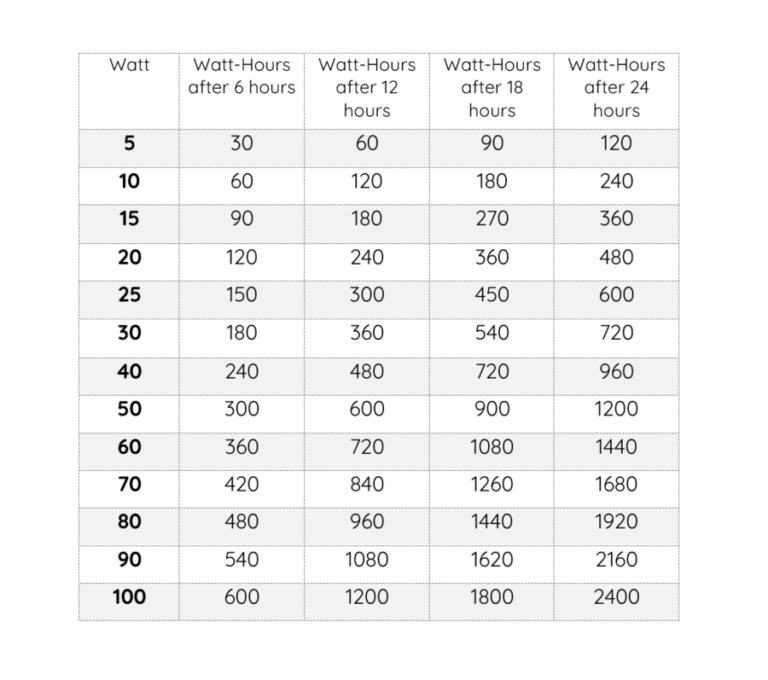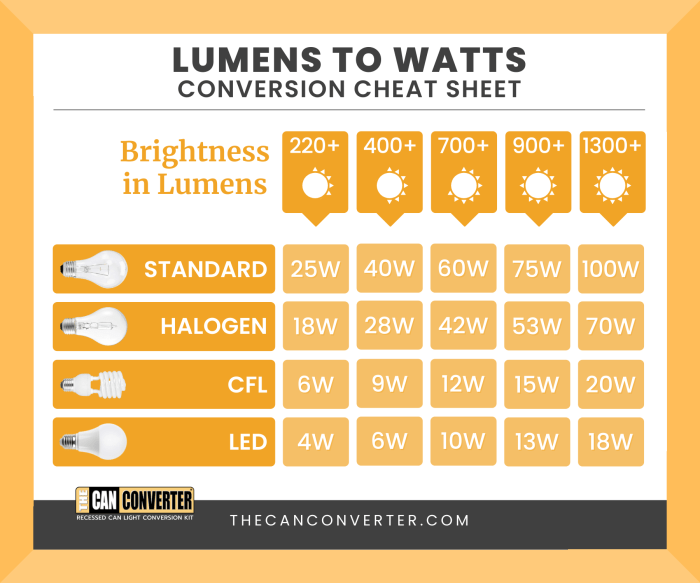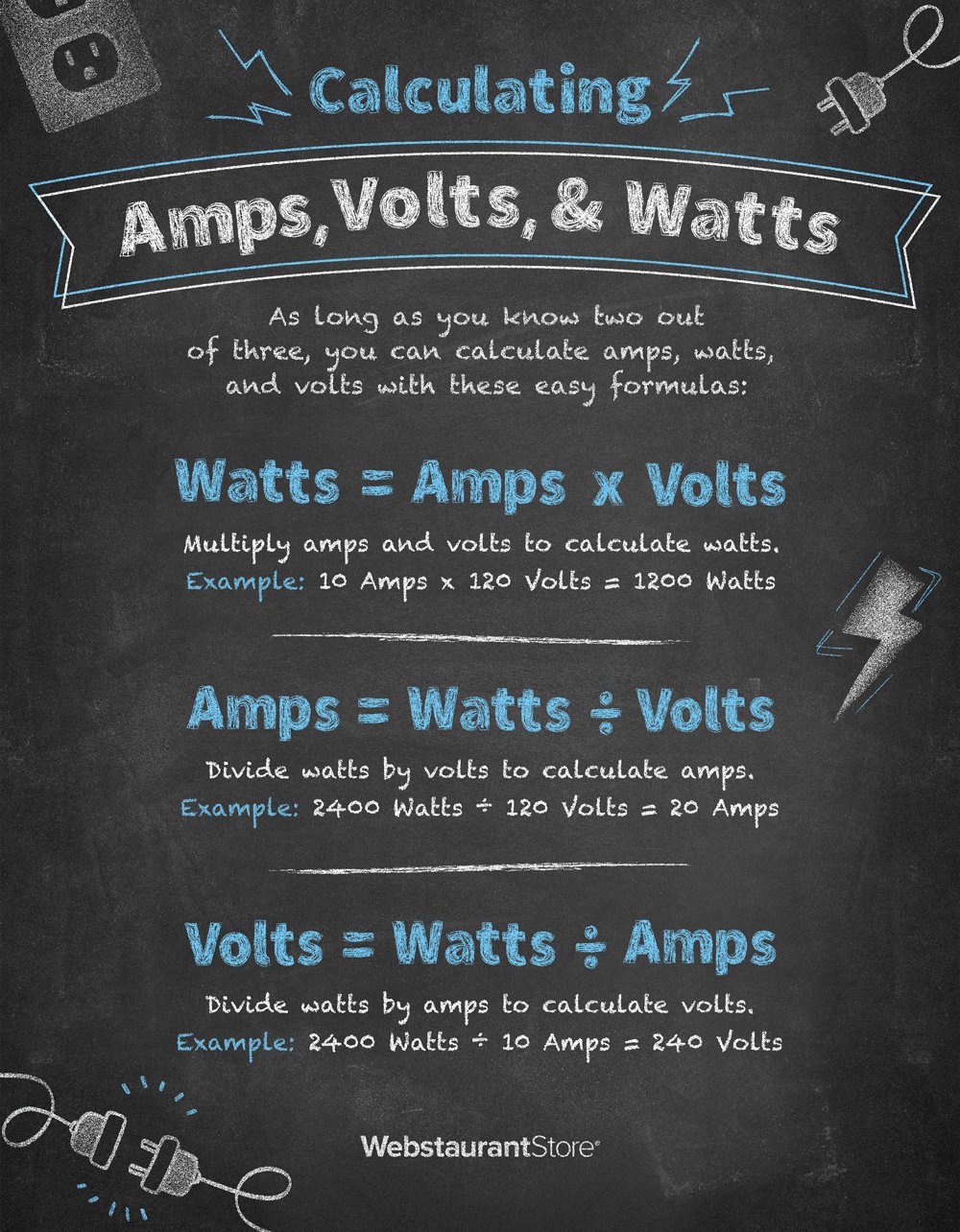Nice Info About How Much Is 3A In Watts

Understanding the Basics
1. Decoding the Electrical Equation
So, you're wondering, "How much is 3A in watts?" It's a common question, and the answer isn't always straightforward. Its like asking how far you can go on three gallons of gas. It depends on the car, right? Electrical power, measured in watts, is similar. It relies on both the current (amps, or A) and the voltage (volts, or V). Think of voltage as the electrical 'pressure' pushing the current through a circuit.
To figure out watts, we use a simple formula: Watts (W) = Amps (A) x Volts (V). This is the golden rule for electrical calculations! Imagine amps as the amount of water flowing through a pipe, and volts as the pressure of that water. More water and more pressure mean more power, which translates to more watts.
Now, here's where it gets interesting. Just knowing the amps isnt enough. You need the voltage to calculate the wattage. Its like knowing how wide a rectangle is, but not knowing its length — you cant calculate the area. So, when someone asks about 3A in watts, the first question should always be, "At what voltage?"
Without knowing the voltage, we're basically stuck. We cant provide a specific wattage answer. However, knowing this equation gets you one step closer to understanding the relationship between electricity!

Cara Mudah Mengetahui Watt Listrik Untuk Menghemat Energi Mas Ican
The Voltage Variable
2. Different Voltages, Different Wattages
Let's explore this voltage idea a little deeper. Most household circuits in North America operate at 120 volts. Other places, like many parts of Europe, use 220-240 volts. This difference significantly impacts the wattage calculation for the same amperage.
For example, if you have a device drawing 3A on a 120V circuit, the wattage would be 3A x 120V = 360W. That same device drawing 3A on a 240V circuit would consume 3A x 240V = 720W. See the massive difference? Its more than double the power!
This is why it's absolutely crucial to know the voltage of your electrical system when trying to determine wattage. Using the wrong voltage in your calculation can lead to incorrect assumptions about power consumption, potentially overloading circuits or causing other electrical issues. Always double-check your voltage before plugging in appliances, especially when traveling internationally.
Voltage is the unsung hero of electrical calculations. It's often overlooked, but it's the key to unlocking the mystery of wattage. So next time, remember to not forget to account for it.

Calculating Watts with 3 Amps
3. Real-World Wattage Scenarios
Alright, let's put this knowledge into practice with some common voltage scenarios. This way, you can see how the same 3A can translate into different wattages depending on where you are and what you're powering.
Example 1: 12V System (like in a car) If you're dealing with a 12V system, like in a car or a boat, 3A would equal 3A x 12V = 36W. That's relatively low power, perfect for running something like a small interior light or a phone charger.
Example 2: 120V Household Circuit (North America) As we discussed before, 3A on a standard 120V household circuit gives you 3A x 120V = 360W. This is enough power for a small appliance like a blender, a lamp, or a gaming console.
Example 3: 240V Household Circuit (Europe, Australia) With 3A on a 240V circuit, you're looking at 3A x 240V = 720W. This could power something more substantial like a clothes iron, a hairdryer, or a small space heater.These examples clearly show how drastically the wattage changes based on the voltage. Always be mindful of the voltage ratings on your devices and the voltage of your electrical outlets to avoid any mishaps. It is like making sure you pour the correct kind of gas to your car, otherwise you can really damage it.

How Many Amps Is 3200 Watts At 240 Volts Helen Bryant Blog
Why Knowing Watts Matters
4. From Circuit Breakers to Energy Bills
Why should you even care about knowing how to calculate watts? Well, understanding wattage is crucial for several important reasons, ranging from safety to saving money. Lets break down some of the key applications.
Firstly, understanding wattage helps you avoid overloading circuits. Every circuit breaker has a specific amperage rating. If you plug in too many devices that collectively draw more watts than the circuit can handle, the breaker will trip, cutting off the power. Knowing the wattage of your appliances helps you stay within the safe limits of your electrical system.
Secondly, wattage directly affects your electricity bill. The more watts you consume, the more electricity you use, and the higher your bill will be. By understanding the wattage of your appliances, you can make informed decisions about energy consumption. Swapping out high-wattage incandescent light bulbs for low-wattage LEDs, for example, can significantly reduce your energy bill over time.
Thirdly, knowing the wattage is essential when choosing a generator or an uninterruptible power supply (UPS). You need to ensure that the generator or UPS can supply enough power (watts) to run the devices you need during a power outage. If the wattage requirement of your devices exceeds the capacity of the generator or UPS, they won't work properly.
In short, understanding watts empowers you to make smarter choices about your electrical usage, ensuring safety, saving money, and preventing power disruptions. It is like knowing how much weight you can lift so you don't injure yourself, or knowing how much you can eat to not get a stomach ache.

Frequently Asked Questions (FAQs)
5. Your Wattage Questions Answered
Let's tackle some common questions related to amps, volts, and watts. These are the questions that often pop up when people are trying to wrap their heads around electrical power.
Q: What happens if I use an appliance with the wrong voltage?
A: Using an appliance with the wrong voltage can cause serious damage. If you use a 120V appliance on a 240V circuit, it could overheat, short circuit, or even catch fire. Conversely, using a 240V appliance on a 120V circuit might not provide enough power for it to function correctly.
Q: How can I find the wattage of an appliance?
A: The wattage of an appliance is usually listed on a sticker or plate located on the appliance itself. Look for a label that says "Watts" or "W," or sometimes "Amps" and "Volts" which you can then use to calculate watts.
Q: Is a higher wattage always better?
A: Not necessarily. A higher wattage generally means more power consumption. While some appliances require high wattage to function effectively (like a hairdryer or a space heater), using high-wattage appliances unnecessarily can increase your electricity bill. Choose appliances with wattage appropriate for the task.
Q: Can I convert amps to watts directly without knowing the voltage?
A: No, you cannot directly convert amps to watts without knowing the voltage. The relationship between amps and watts is defined by the formula: Watts = Amps x Volts. Without knowing the voltage, you cannot determine the wattage.
